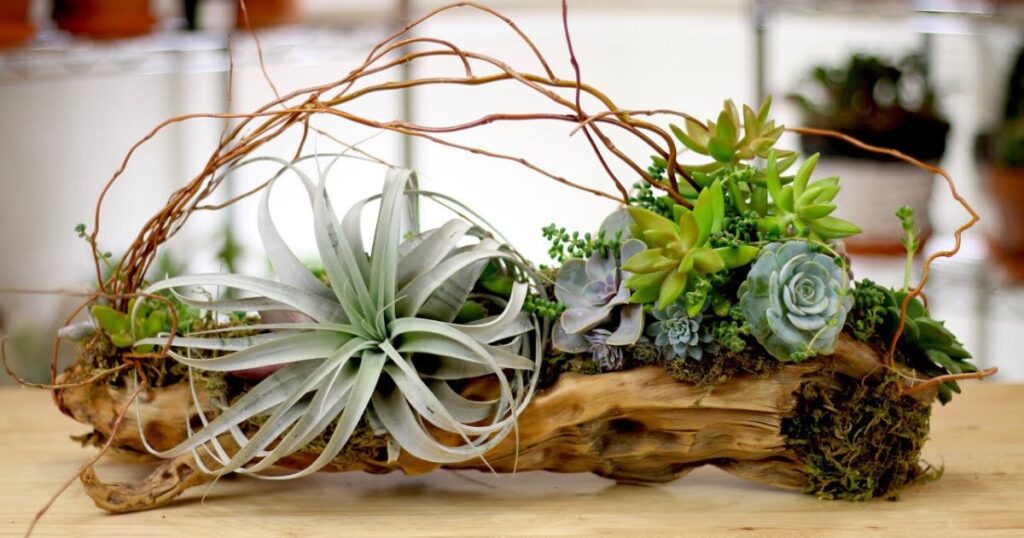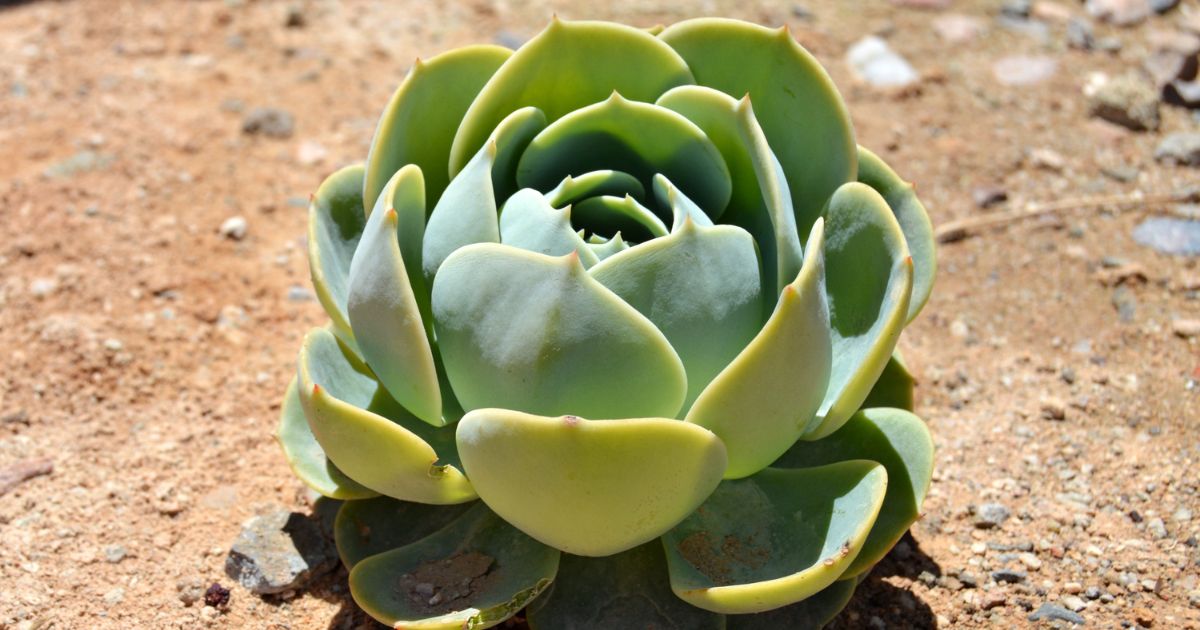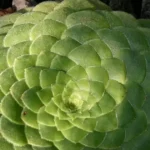A clean memory foam mattress is one that is free from dirt, dust, and stains, providing a hygienic and comfortable sleeping surface. Achieving a clean mattress involves removing any accumulated debris, odors, and potential allergens, contributing to a healthier sleep environment. Regular cleaning not only enhances the longevity of the mattress but also ensures a more restful and refreshing sleep experience.
Can you steam clean a memory foam mattress? This question often lingers in the minds of mattress owners seeking effective cleaning methods. The idea of using steam to clean a memory foam mattress has gained attention due to its potential to sanitize and refresh the sleeping surface. As we explore this question further, it’s crucial to understand the implications and benefits of using steam as a cleaning method for memory foam mattresses.
Steam cleaning a memory foam mattress involves the use of steam to penetrate the mattress layers, targeting stains, bacteria, and allergens. The steam’s high temperature not only cleans but also sanitizes the mattress, offering a chemical-free and eco-friendly approach to mattress maintenance. While steam cleaning can be effective, it’s essential to follow proper guidelines to prevent excessive moisture and ensure the mattress dries thoroughly.
Understanding Orchid Fertilizer
succulents poisonous to humans Orchids are exquisite plants known for their unique beauty, but they require specific care, including the right fertilization. Orchid fertilizers typically contain a balanced mix of nitrogen, phosphorus, and potassium (N-P-K), essential for robust growth and flowering. Additionally, they often include micronutrients crucial for orchid health. Orchids are epiphytic, meaning they grow on other surfaces like trees, absorbing nutrients from the air and rain.
Orchid fertilizers mimic these natural conditions, providing nutrients in a form readily available to these delicate plants.Succulents, on the other hand, have different nutritional needs. They thrive in well-draining soil with a lower nitrogen content to prevent excessive growth and encourage water storage. Succulents generally require a fertilizer with a higher phosphorus content to support flowering and root development. Understanding these differences is vital for ensuring the health and vitality of both orchids and succulents.
Nutritional Requirements of Succulents

Succulents, renowned for their water-storing abilities, demand a specialized nutrient balance. Their preferred fertilizer should have a higher phosphorus ratio to stimulate strong root systems and vibrant blooms. However, succulents are sensitive to overfeeding, so a diluted, well-balanced fertilizer, with an N-P-K ratio like 5-10-10, is ideal. Applying the fertilizer during the growing season, typically spring and summer, supports the plant’s active phases and enhances its resilience against pests and diseases. Proper feeding ensures succulents maintain their striking appearance and thrive in various environments.
Orchid Fertilizer Composition vs. Succulent Needs
Understanding the differences in fertilizer composition is crucial when caring for orchids and succulents. Orchid fertilizers commonly have a balanced N-P-K ratio, such as 20-20-20, suitable for the specific needs of these epiphytic plants. In contrast, succulents benefit from a fertilizer with a higher phosphorus concentration, promoting flowering and root development. To illustrate these distinctions, the table below summarizes the typical composition of orchid and succulent fertilizers:
| Nutrient | Orchid Fertilizer | Succulent Fertilizer |
| Nitrogen (N) | High | Moderate |
| Phosphorus (P) | Moderate | High |
| Potassium (K) | Moderate | Moderate |
| Micronutrients | Included | Optional |
Alternative Fertilization Options
While specific orchid and succulent fertilizers are tailored to meet the unique needs of each plant, alternative options can be considered. For succulents, organic fertilizers or slow-release granules designed for cacti and succulents can provide a gentler, more natural approach. Orchids may benefit from a balanced, water-soluble fertilizer, diluted to prevent over-fertilization. Experimenting with alternative fertilization methods can help find the best fit for individual preferences and environmental conditions.
What Is The Best Soil Mix For Succulents?
Selecting the right soil mix is crucial for succulent health. A well-draining mix, often composed of cactus soil, perlite, and coarse sand, mimics the arid conditions these plants thrive in. This combination prevents waterlogged roots, a common issue for succulents. The well-aerated soil encourages proper root development and supports the plant’s ability to withstand periods of drought. Using a specialized succulent soil mix provides the foundation for optimal growth and vitality.
Can I Use Regular Potting Mix For Succulents?
While it’s possible to use a regular potting mix for succulents, it’s not the most ideal option. Regular potting mixes often retain more water, increasing the risk of root rot in succulents, which prefer drier conditions. If using a standard potting mix, amending it with perlite, coarse sand, or other materials to improve drainage is essential. This adaptation helps create a more suitable environment for succulents, preventing issues related to excess moisture and ensuring their overall well-being.
Can I Use Orchid Compost For Other Plants?
Orchid compost, designed for the unique needs of orchids, may not be the most suitable choice for other plants. Orchids thrive in a well-aerated mix that allows their roots to breathe, and orchid compost is tailored to meet these requirements. Using orchid compost for plants with different preferences may lead to issues like waterlogging and inadequate aeration. It’s advisable to choose a compost or soil mix formulated for the specific needs of the plants you are cultivating to ensure optimal growth and health.
Can I Use Orchid Fertilizer For Succulents?
While orchid fertilizer provides essential nutrients, it may not be the best choice for succulents due to the differences in their nutritional requirements. Orchid fertilizers often contain a balanced N-P-K ratio, which may not align with the higher phosphorus needs of succulents. Using orchid fertilizer for succulents might lead to suboptimal growth, reduced flowering, or nutrient imbalances.
It’s recommended to use a fertilizer specifically formulated for succulents, ensuring they receive the right nutrients in the correct proportions to support their unique characteristics and promote overall well-being.
FAQ’s
Can I use orchid fertilizer for succulents?
Yes, while orchid fertilizer provides essential nutrients, it may not meet the higher phosphorus needs of succulents, potentially affecting their growth and flowering.
Is regular potting mix suitable for succulents?
It can be used, but it’s not ideal. Regular potting mixes may retain too much water, risking root rot for succulents. Amending materials like perlite improves drainage.
Can orchid compost be used for other plants?
Orchid compost, designed for aeration, may not suit other plants. Different species have varying soil preferences, and using orchid compost may lead to suboptimal conditions.
What is the best soil mix for succulents?
A well-draining mix of cactus soil, perlite, and coarse sand mimics arid conditions, preventing waterlogged roots and promoting proper root development for succulents.
Are there alternative fertilization options for orchids and succulents?
Yes, organic fertilizers or slow-release granules for succulents provide gentler options. Orchids may benefit from a balanced, diluted, water-soluble fertilizer to prevent over-fertilization.
Conclusion
In caring for succulents, it’s clear that understanding their distinct needs is vital for their well-being. Orchid fertilizers, designed for a different set of plants, may not provide the best support for succulents due to variations in nutrient requirements. Opting for fertilizers and soil mixes tailored to each plant type ensures they receive the specific care needed for robust growth, vibrant blooms, and overall health.
So, whether you’re tending to the exquisite orchids or the resilient succulents, choosing the right fertilizers and soil mixes ensures that each plant thrives in its unique environment. Tailoring care to the individual needs of orchids and succulents guarantees a flourishing and visually stunning indoor or outdoor garden.










